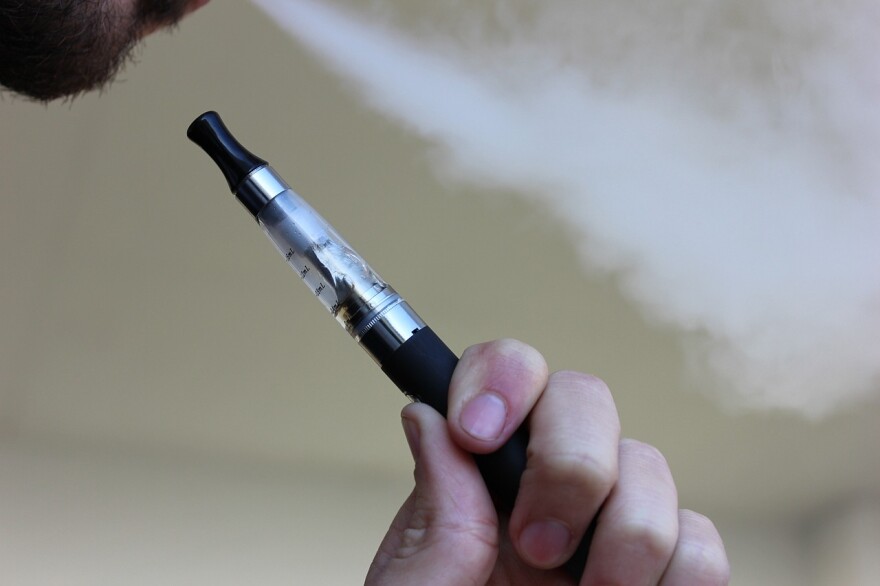Anti-tobacco campaigns over the last couple of decades have worked well in getting teens to stop using cigarettes.
At its peak in 1997, more than a third of high school students had smoked a cigarette at least once. That number was down to about 2% in 2022.
In its place, the use of e-cigarettes has risen.
Last year, a reported 14% of high schoolers had used vape products.
Vilas County Public Health Community Health Educator Rachael Cornelious says the health effects of vaping are just as bad or even worse than smoking cigarettes.
“There's different additives and different things that are going into the cartridge contents, that are, you know, equally or more dangerous than that of a cigarette,” said Cornelious. “One normal vape cartridge is equivalent to two packs of cigarettes, so 40 cigarettes.”
One thing that draws in kids and teens is the different flavors.
Everything from mint to candy to cereal is available as a vape flavor, despite many of them being illegal to sell in the U.S.
Four out of five kids or teens who use tobacco products say they started with a flavored product.
Even with 21 being the legal age to buy tobacco products in Wisconsin, teens and kids are still getting their hands on them.
“They are altering retail environments to specifically attract youth. They're aggressive marketing tactics. Whether it's vapes or other e-cigarette devices, devices are being disguised as everyday objects. So what might look like a flash drive to a parent that you might stick in your computer is actually a vape,” said Cornelious. “Which aids in youth hiding this addiction. Different flavors, specifically, like menthol or minty, our data has shown that they're more addictive than other products that maybe aren't.”
Another factor turning kids and teens to vape products is stress.
A Wisconsin health report says around 70% of teens say mental health issues like anxiety and depression are a major problem for people their age.
Those teens who are struggling to cope often turn to vapes and other nicotine products as a stress reliever.
Cornelious says those products often have the opposite effect.
“Data has shown that nicotine, whether in vape form or a cigarette form, can worsen anxiety symptoms and heightened feelings of depression. I think one of the common misconceptions is that this is a coping mechanism,” said Cornelious.
Cornelious and the Northwoods Tobacco-Free Coalition are urging parents to talk to their children about the dangers of vaping.
Any Wisconsin residents 13 years and older can get help through the state’s quit line by calling 1-800-QUIT-NOW.







